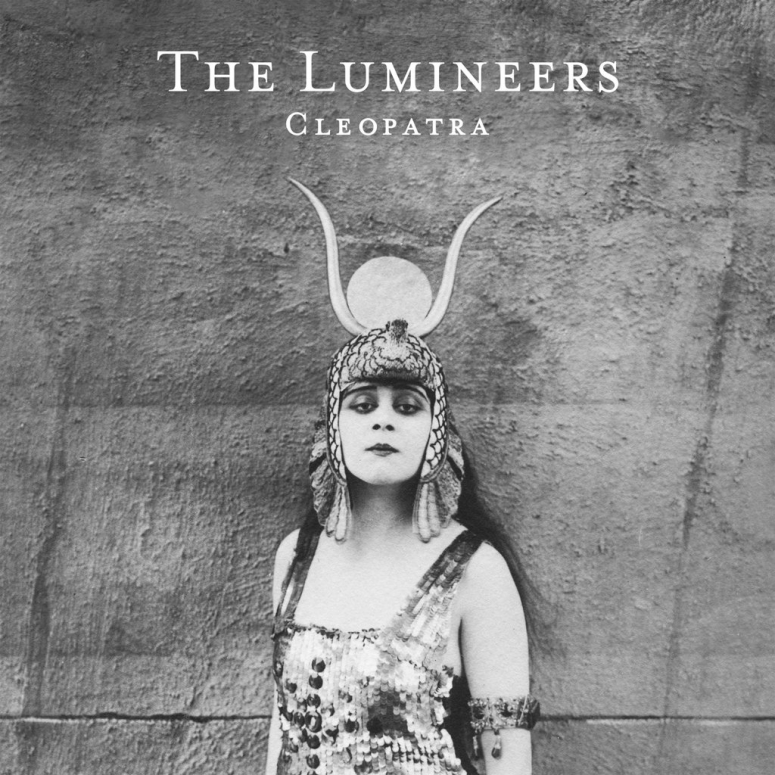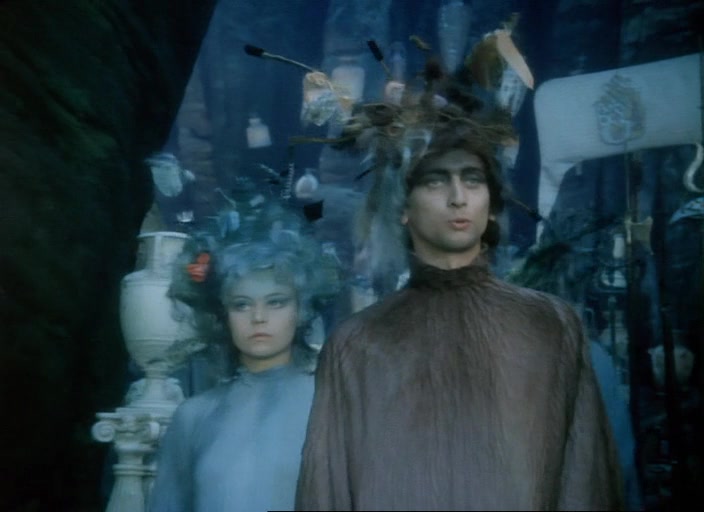
The Lumineers have come out with a new album! This was surprising to me, actually. I pretty much exclusively associated The Lumineers with that short-lived but intense indie movement of 2012 (give or take a year or two). I wouldn't necessarily have considered myself a huge fan of theirs; I never did listen to all the tracks on their eponymous album, though I've had a special affection for "Ho Hey" and "Stubborn Love" since they came out.
I was pleasantly surprised right away when I noticed the cover art of the album. Appropriate to the title of the album, and perhaps appropriate to the theme of the title track "Cleopatra," the cover features a photograph of silent film actress Theda Bara dressed for her role as Cleopatra. I appreciated this tribute, as I often feel that silent films are not talked about very often in mainstream culture.
I'm really, really impressed with a lot of the tracks on Cleopatra. I'm quite picky when it comes to acoustic/folk music. When it begins to sound too much like country or ubiquitous singer-songwriter, I lose interest very quickly. There's something about this album, however, that kept my interest. It was soulful, and even a little sad. I think it was a bit more low key than their first album, and meditative in tone. Something I like about their choice in sound is that they mix different instruments and ideas that I wouldn't normally associate with their genre.
My favourite tracks were "Ophelia", "My Eyes", and "White Lie" (a bonus track on the deluxe version). Of these, I think my favourite is "My Eyes," because several times it tricks you into expecting the melody to proceed a certain way by using familiar chord progressions, but then suddenly it takes a completely different turn.
While celebrating the success of the Lumineers in producing this wonderful album, I would also like to take a moment to remember an artist that is no longer with us. Prince passed on today, at 57. I'm not that familiar with his work, but I've always heard him spoken of as genius, and have understood him to be extremely influential. This has been a very unfortunate year in the music world, as the talented David Bowie was also lost to us in January. They will be dearly missed.







